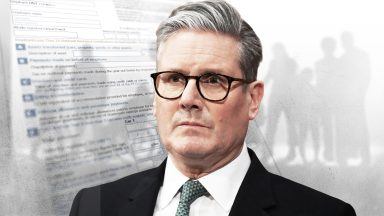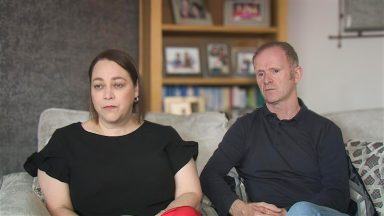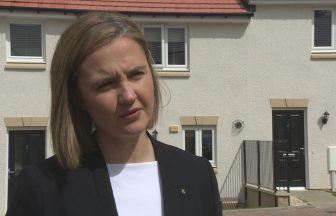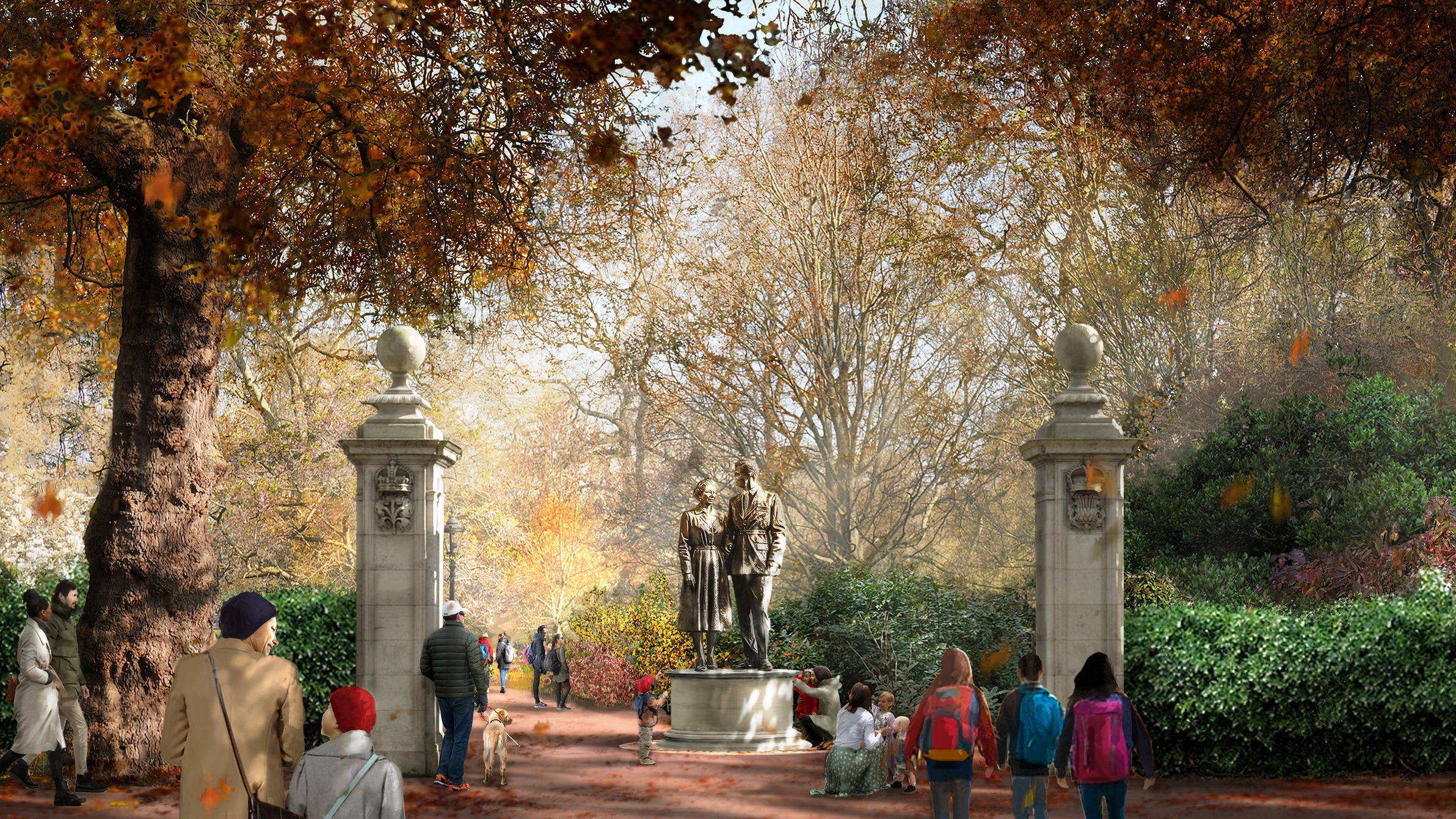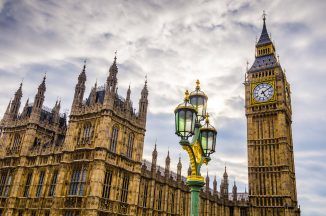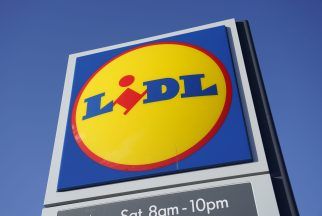At noon on Thursday, the Bank of England’s Monetary Policy Committee held interest rates at 5.25% and avoided the need for a 15th straight increase in a row.
The decision was not unanimous, with the committee voting by 5-4 to hold rates.
With 57% of customers having re-mortgaged, or due to seek a new rate before the end of the year, the news is a welcome relief.
Those who are due to shift their mortgage product are already facing significant increases, but Thursday’s news signals that a greater degree of certainty may be here.
There is now a sense that, as far as repayments are concerned, homeowners are at the high point of bad news and that rates may start to fall – the only question being when.
Indeed, markets do not expect further rate increases, so long as inflation continues to fall.
The Bank’s governor, Andrew Baillie, has said that higher interest rates will be a fact of life for some time to come as they attempt to squeeze inflation out of the system.
The spur for Thursday’s decision was Wednesday’s news that inflation had fallen slightly to 6.7%.
Analysts were actually expecting a small increase driven by higher fuel costs. That it didn’t materialise suggests that the interest rate policy is working.
But the fact that there was a fall at all, on top of a material fall last month, signals that the steady increases over the last year are beginning to work on the inflation front.
It now looks as if Rishi Sunak will be able to deliver his pledge that inflation will halve over the course of 2023.
Interest rates, however, will not fall soon and they will not get back to the historically low levels of 0.25%.
For one, the Bank cannot take chances that easing monetary policy too soon will push inflation in the wrong direction.
Secondly, the governor and his colleagues have come in for sustained criticism that they have fuelled the current crisis by refusing to increase rates at the same time as having repeated rounds of quantitative easing.
Although there is a growing body of data suggesting food prices have stabilised and some have fallen, the Bank is also mindful that wage growth has been running at 8% over the last year and that there is still industrial strife in key sectors.
If the wage environment of the last year is repeated in the coming year, there is a possibility that wages might be the key factor in driving future inflation. For that reason, the Bank will be cautious about cutting rates too soon.
Ever since Gordon Brown gave the Bank independence to set rates, they have been beyond the reach of politicians to manipulate for political purposes.
Although the factors that govern rate moves are essentially economic, those decisions have profound political ramifications for the government of the day.
This week’s reboot of net zero policy by the prime minister reeks of a desire to create a divide with the opposition for the purposes of giving the Tories an election issue in 2024 when a general election will be held.
The bad news for Sunak is that the cost of living crisis will dwarf every other issue when that election comes.
Despite the decision today, higher mortgage repayment pain will still be a factor next year.
And although energy prices have been falling, they are still far higher than they were before the current crisis.
Even falling inflation does not mean that actual prices are going down, rather it means that the rate of increase is slowing.
Those Tories looking at all of the macroeconomic factors with a view to tax cuts before the election would be better praying to the almighty.
It is always a risky policy to give tax cuts on the basis of the fiscal position looking good in the short term but with no certainty about the longer-term picture.
Borrowing remains high. Although the forecasts suggest borrowing will be below that forecast by the Office for Budget Responsibility (OBR) in March, it may be regarded as foolhardy to embrace tax cuts, on the basis of lower borrowing costs that might be a temporary phenomenon.
The Treasury headroom – as a result of lower borrowing costs – does not look to this observer to be the stuff of tax cutting despite the fact that Chancellor Jeremy Hunt will come under sustained pressure to do something ahead of the election.
Add to that, the fact that growth predictions are still very sluggish.
The uncertain outlook on public sector pay is but one reason that should urge caution on Hunt despite the fact that some Tories believe that without a cut, his party will not make inroads into Labour’s huge poll lead.
And the triple lock on the pension front is likely to see the state pension increase by 8% next April.
Despite rumours in Whitehall that ministers might tinker with the formula for next year’s increase, it seems inconceivable that they will do this in an election year.
In short, rates may have peaked but big reductions in those rates is still someway off. Higher repayments will be with us for some time to come.
On a more positive note, this could be peak pain. That pain is a fact for millions of households.
It is the consequences of that pain that makes electoral life difficult for the Prime Minister.
He has to soothe that pain otherwise the keys to Downing Street are in Sir Keir Starmer’s hands.
Follow STV News on WhatsApp
Scan the QR code on your mobile device for all the latest news from around the country


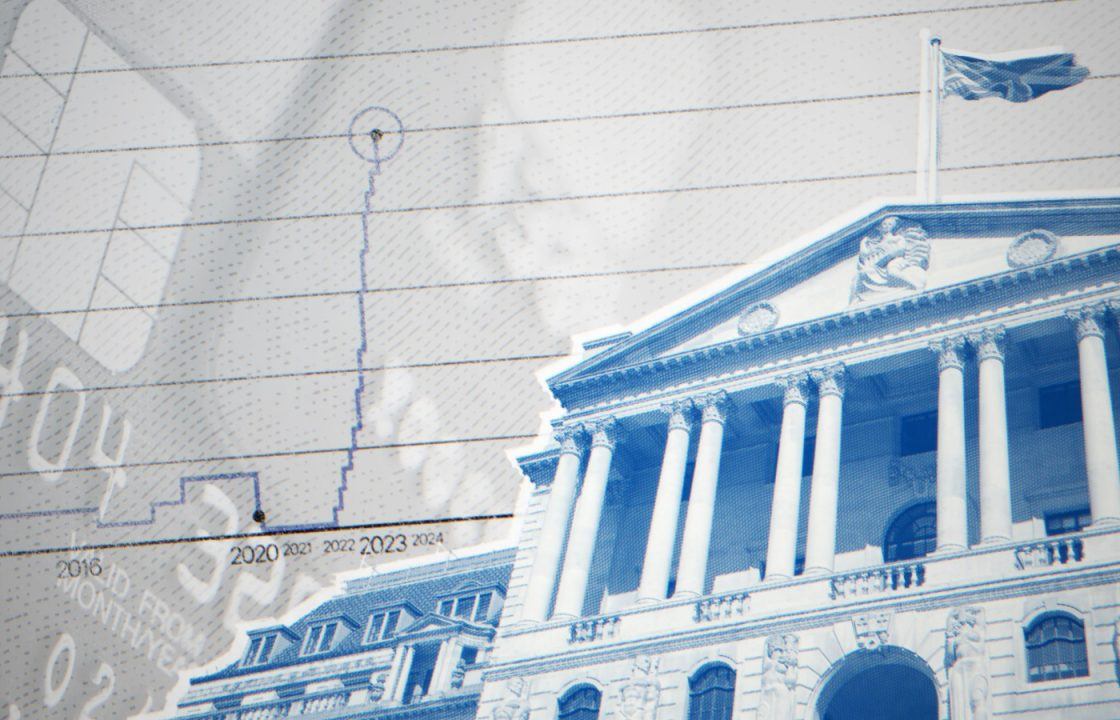 STV News
STV News

